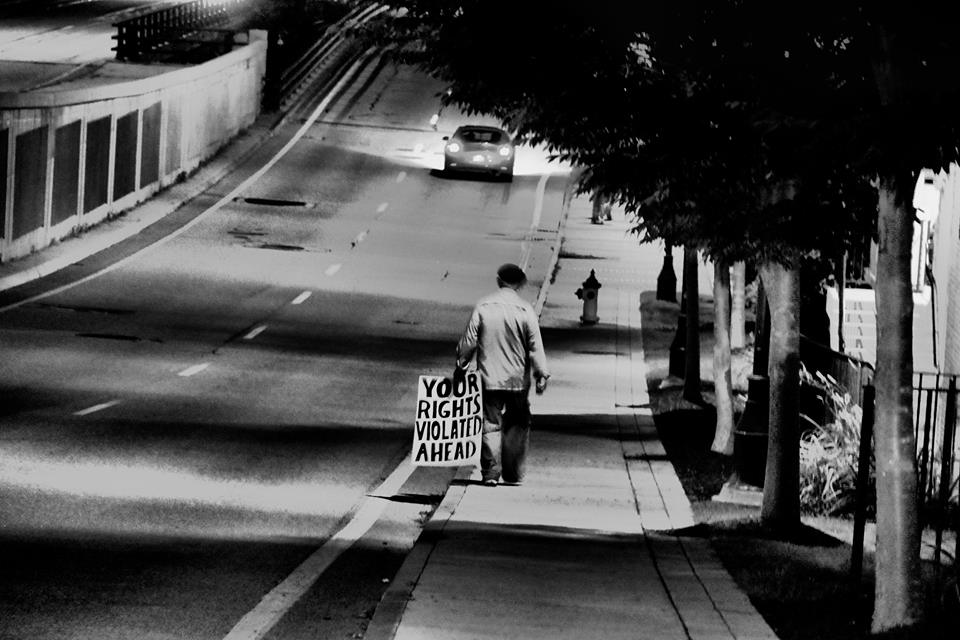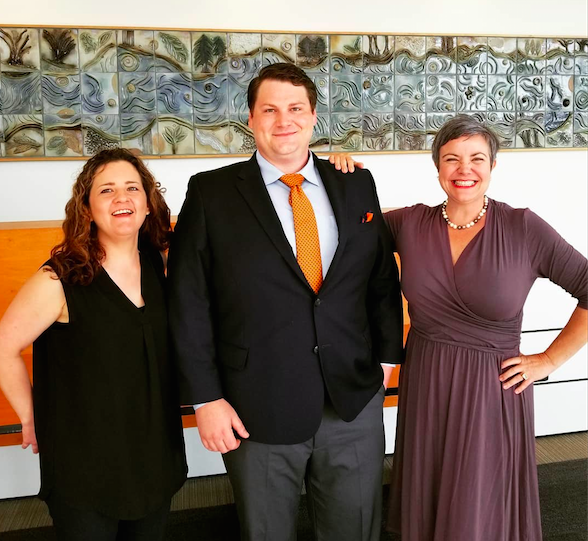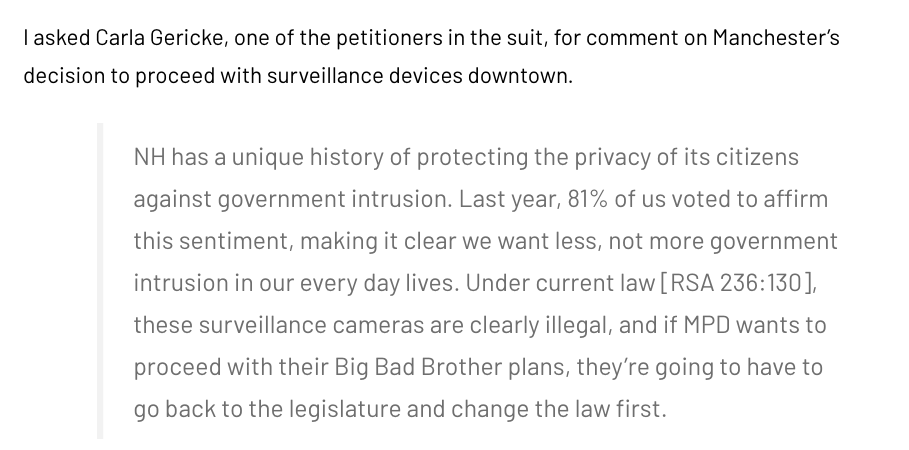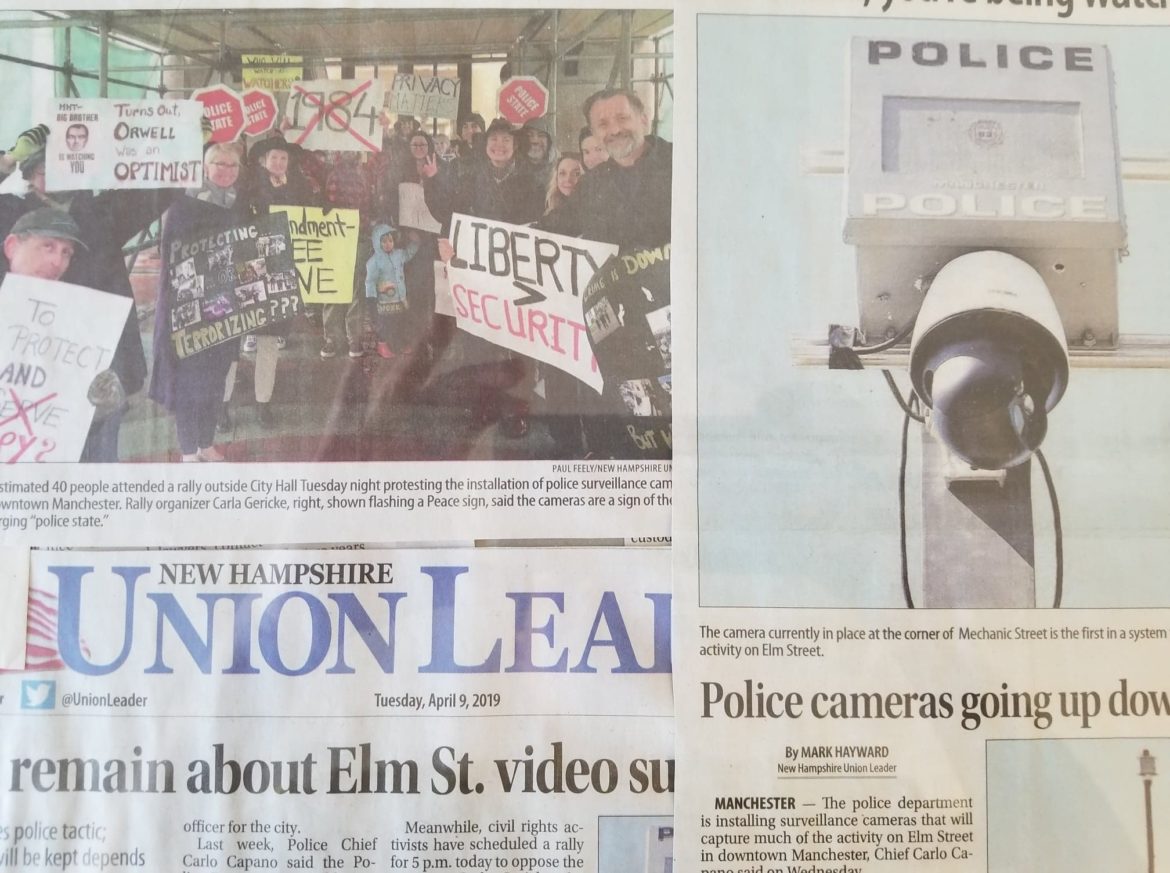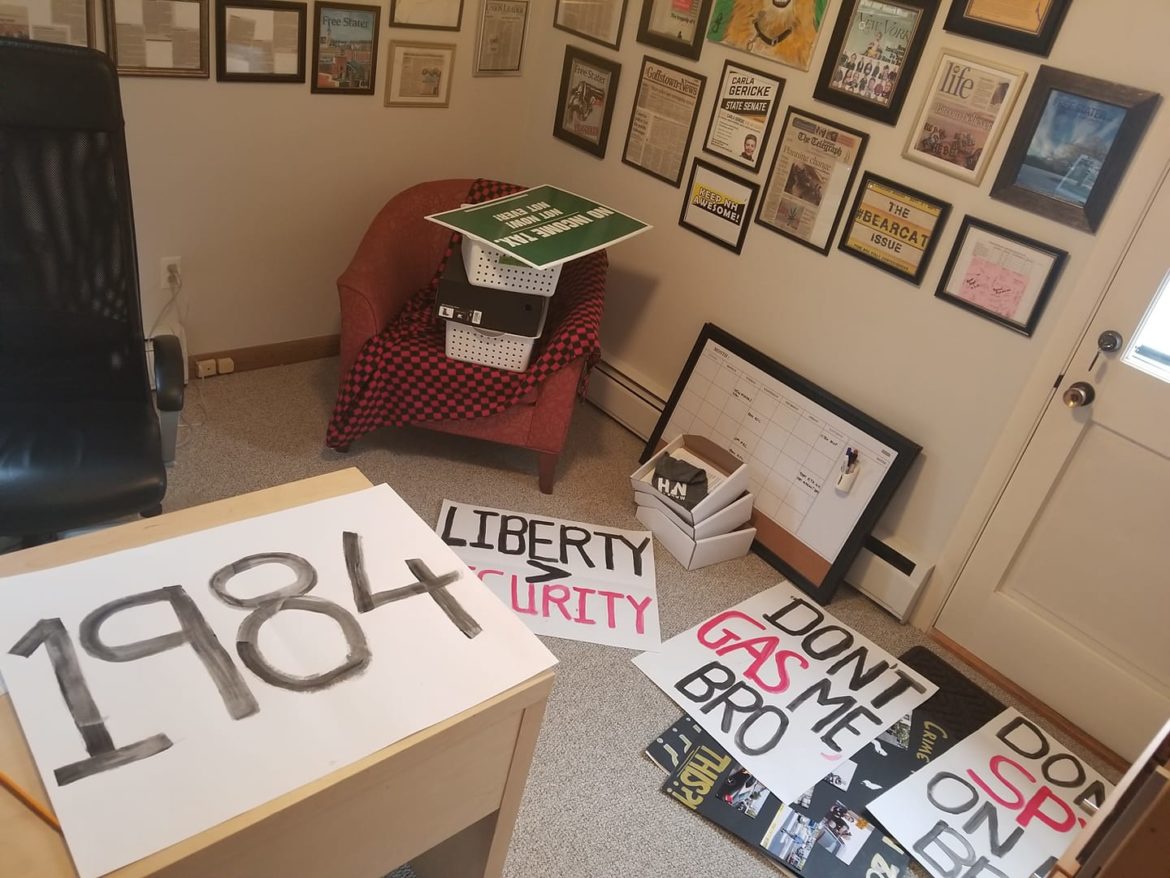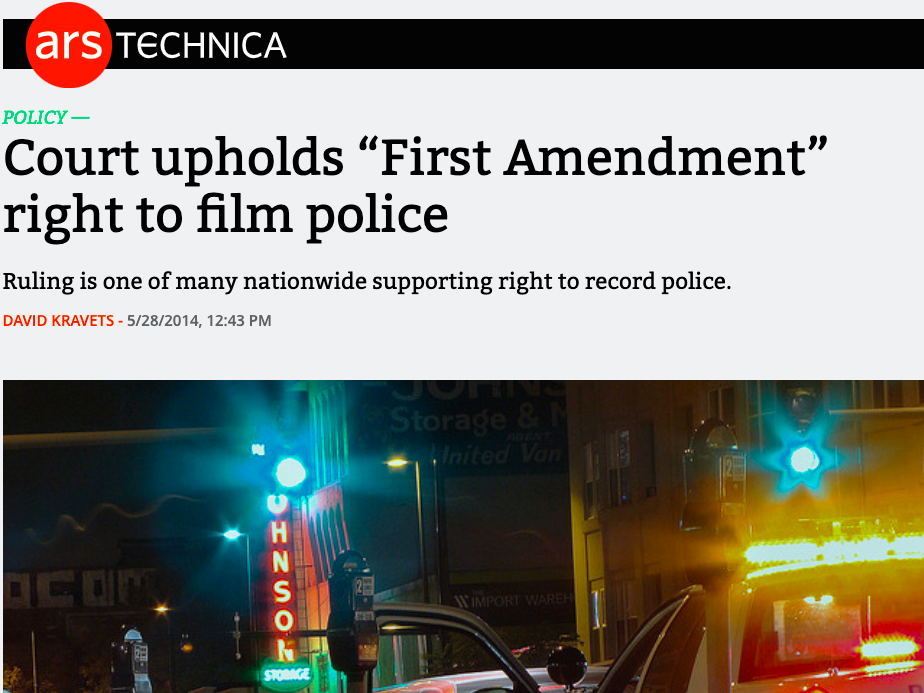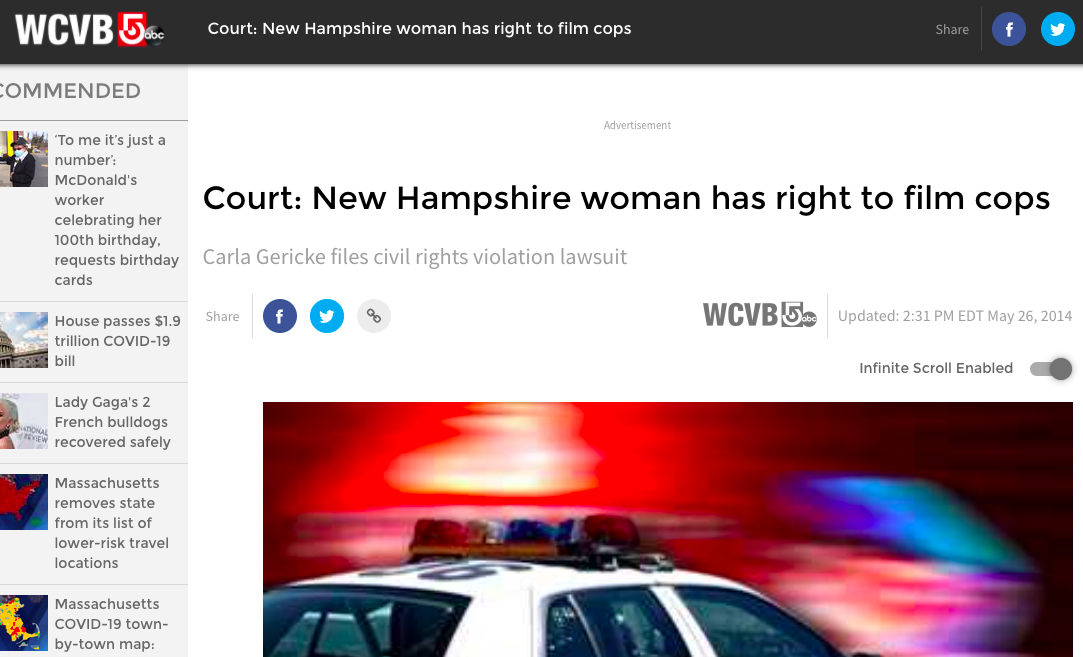NH Journal:
It is possible to be concerned about the virus, and the economic downturn, and the destruction of our civil liberties. I am, which is why I attended the rally on Saturday. I don’t underestimate the virus, but I also don’t underestimate the cost of the shutdown or the dangers of trading liberty for a false sense of security.
Life is about tradeoffs, and when you use faulty data to implement faulty “solutions” — restricting peoples’ natural rights, instituting a lockdown to “flatten the curve,” and dividing Granite Staters into “essential” and “nonessential” groups — bad outcomes must follow.
Carla Gericke (see full article)
Granite Grok:
Our caution (and lack of widespread testing of antibodies) has carried a huge economic toll. For every person in the US who has died with the virus, 1000 people have lost their jobs. We don’t know how bad it might have been if we had done nothing. At this point, we should ask if we are willing to put another 30 million people out of work in the US when we could justifiably focus on reducing death due to heart disease or other infectious diseases. Also, consider that this virus is not going away – ever. As long as there is life on earth so will be this virus. It would be nonsense to think we can socially isolate our way to zero infections. Instead of forcing society to hide from it, we need to learn to live with it within reason.
Our national policy for this matter was created with good intentions and recognizing legitimate risks. We knew very little about the virus and what might happen. That’s not the case now. The curve is flat. Our hospitals are not overwhelmed. The mortality rate is 1/10th what we thought. At this point, there is not enough uncertainty to justify continuing to destroy the economy and the government intrusion of our liberties. The burden of proof for lifting the restrictions should no longer be on us. Instead of forcing us to prove the infection rates will drop, the government should be obligated to do widespread testing of antibodies in NH and prove that it is still a problem.
This coronavirus is still 10 times worse than the flu so I’m not suggesting we drop all caution. The data does suggest that we should be able to resume most of our activities with a cautious approach while not being sloppy. By now everyone has learned the basics of proper hygiene and many people will be slow to recover from the intense media blitz. Those at risk should take extra caution, just as with any other infectious disease. The other 98% of the population should be able to move forward and rebuild from this disaster. Before we know it we will find that the new normal is the same as the old normal.
Dan Moriarty (see full article)
Fox News:
Manuse told Fox he believes the individual should be allowed to determine what restrictions are best for them.
“I think that that works a lot better than a top-down approach where the governor is telling everybody ‘one size fits all, this is how it’s going to go,'” he said. “That’s authoritarianism. It’s never worked before in any other country. And it’s not going to work in the United States or New Hampshire.”
Andrew Manuse (see full article)
Union Leader:
“The economic engine that provides food, beverages, clothing, shelter, and every modern convenience to the American people took more than a century to build. Yet, at the stroke of many a governor’s pens, the dangerous servant that is government has become a fearful master now poised to destroy our way of life in the name of safety.
The coronavirus did not cause this problem where the cure has become worse than the disease. Centralized government power has stripped us of our ability to manage our own affairs, and it by no means can dictate how we should rebuild them. It is time for the governor and others to step out of the way and let people go back to work so their free enterprise and ingenuity can meet the needs of those who are suffering.”
Former State Representative, Andrew Manuse (see full op-ed)
Manchester InkLink:
Carla Gericke, a Republican state Senate candidate from Manchester, said she attended.
“I went as a concerned non-essential Granite Stater and Republican State Senate candidate (District 20) who believes the government’s response has resulted in the prevention being worse than the cure. The government does not have the right to pick economic winners or losers, nor force us to stay in our homes, especially not when, here in Manchester at least, NOT ONE city employee has lost their job or even been furloughed. Clearly, we are NOT ‘all in this together.’”
Gericke described the crowd Saturday as “an interesting mix of people, from health freedom activists to Free Staters. I didn’t really get an overt partisan slant, it wasn’t ‘Trump-forward’” although there were some.
“There were teachers and nurses and moms, there were politicians and state representatives and masked armed dudes, there were laid-off workers, a few people who have been deemed essential but wanted to show their solidarity, and many who have lost their jobs and want to get back to work,” Gericke said.
She said she went because “at least 124,000 Granite Staters have been put out of work– that’s the population of Manchester and Amherst combined, and that’s a devastating blow to our state’s economic health which we will feel for a long time. Many small business owners will never recover. I went because my favorite Manchester restaurant, the Turkish restaurant Matbah, shut down permanently.”
Gericke said she takes the virus seriously.
“But I am also very concerned about the destruction of the economy with all its knock-on negatives like increased suicides, more substance and domestic abuse, children dying by the hundreds of thousands in impoverished countries, and I worry about the expansion of authoritarian government policies without proper oversight or citizen control,” Gericke said. ¨If they can lock us down on the say of the W.H.O. now, what is next?”
Carla Gericke (see full article)


